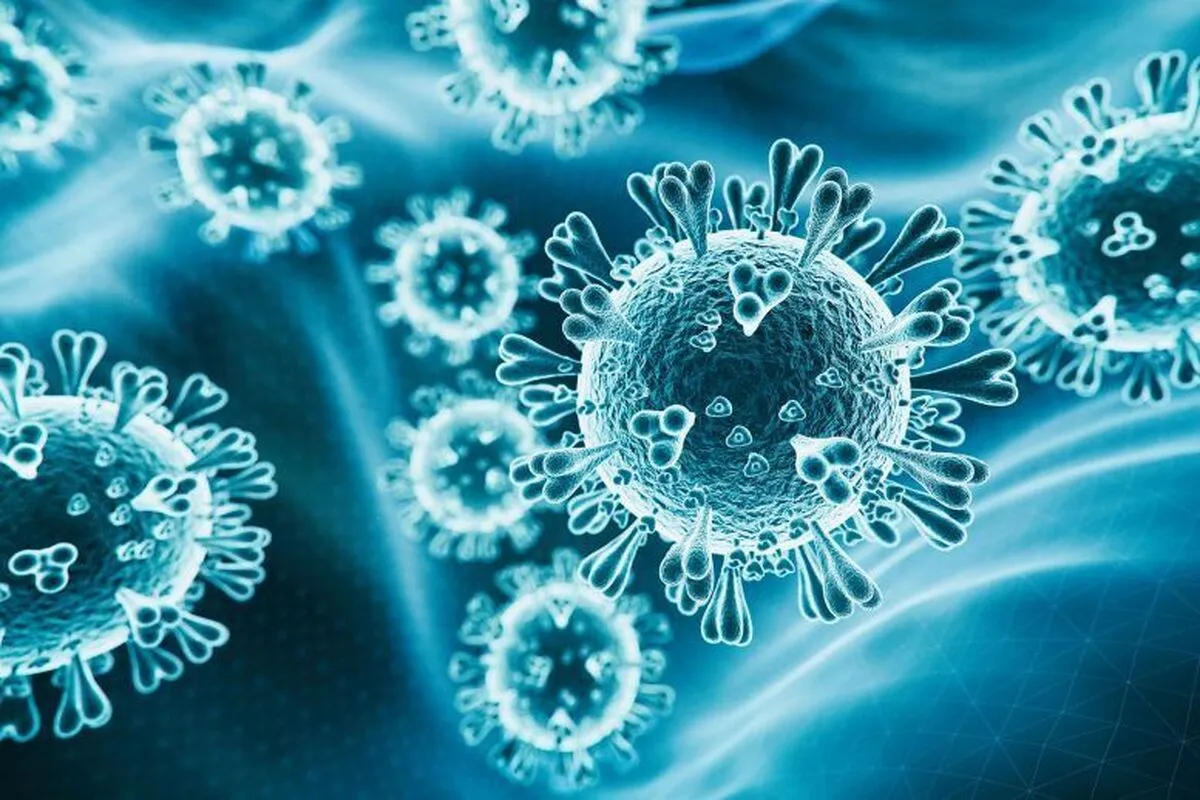Newly Discovered Virus Similar to COVID Could Infect Humans, Resist Vaccines

The team led by researchers at Washington State University’s Paul G. Allen School for Global Health discovered spike proteins from the bat virus, known as Khosta-2, that can infect human cells and are resistant to both monoclonal antibodies and serum from SARS-CoV-2 vaccine recipients. Khosta-2 and SARS-CoV-2 are both coronaviruses that belong to the same subclass of coronaviruses known as sarbecoviruses, the journal PLOS Pathogens reported.
“Our research further demonstrates that sarbecoviruses circulating in wildlife outside of Asia – even in places like western Russia where the Khosta-2 virus was found – also pose a threat to global health and ongoing vaccine campaigns against SARS-CoV-2,” said Michael Letko, WSU virologist and corresponding author of the study.
Letko said that rather than just protecting against known versions of SARS-CoV-2, the finding of Khosta-2 underscores the necessity to create universal vaccinations to defend against sarbecoviruses in general.
“Right now, there are groups trying to come up with a vaccine that doesn’t just protect against the next variant of SARS-2 but actually protects us against the sarbecoviruses in general,” Letko said. “Unfortunately, many of our current vaccines are designed for specific viruses we know infect human cells or those that seem to pose the biggest risk to infect us. But that is a list that’s everchanging. We need to broaden the design of these vaccines to protect against all sarbecoviruses.”
Despite the fact that hundreds of sarbecoviruses have recently been identified, mostly in Asian bats, the majority cannot infect human cells. In late 2020, the Khosta-1 and Khosta-2 viruses were found in Russian bats, and at first, it seemed they posed little danger to people.
“Genetically, these weird Russian viruses looked like some of the others that had been discovered elsewhere around the world, but because they did not look like SARS-CoV-2, no one thought they were really anything to get too excited about,” Letko said. “But when we looked at them more, we were really surprised to find they could infect human cells. That changes a little bit of our understanding of these viruses, where they come from, and what regions are concerning.”
Letko teamed with a pair of WSU faculty members, first author viral ecologist Stephanie Seifert and viral immunologist Bonnie Gunn, to study the two newly discovered viruses. They determined Khosta-1 posed a low risk to humans, but Khosta-2 demonstrated some troubling traits.
The team found that like SARS-CoV-2, Khosta-2 can use its spike protein to infect cells by attaching to a receptor protein, called angiotensin-converting enzyme 2 (ACE2), found throughout human cells. They next set out to determine if current vaccines protect against the new virus.
Using serum derived from human populations vaccinated for COVID-19, the team saw that Khosta-2 was not neutralized by current vaccines. They also tested serum from people who were infected with the omicron variant, but the antibodies, too, were ineffective.
Fortunately, Letko said the new virus is lacking some of the genes believed to be involved in pathogenesis in humans. There is a risk, however, of Khosta-2 recombining with a second virus-like SARS-CoV-2.
“When you see SARS-2 has this ability to spill back from humans and into wildlife, and then there are other viruses like Khosta-2 waiting in those animals with these properties we really don’t want them to have, it sets up this scenario where you keep rolling the dice until they combine to make a potentially riskier virus,” Letko said.
4155/v





















